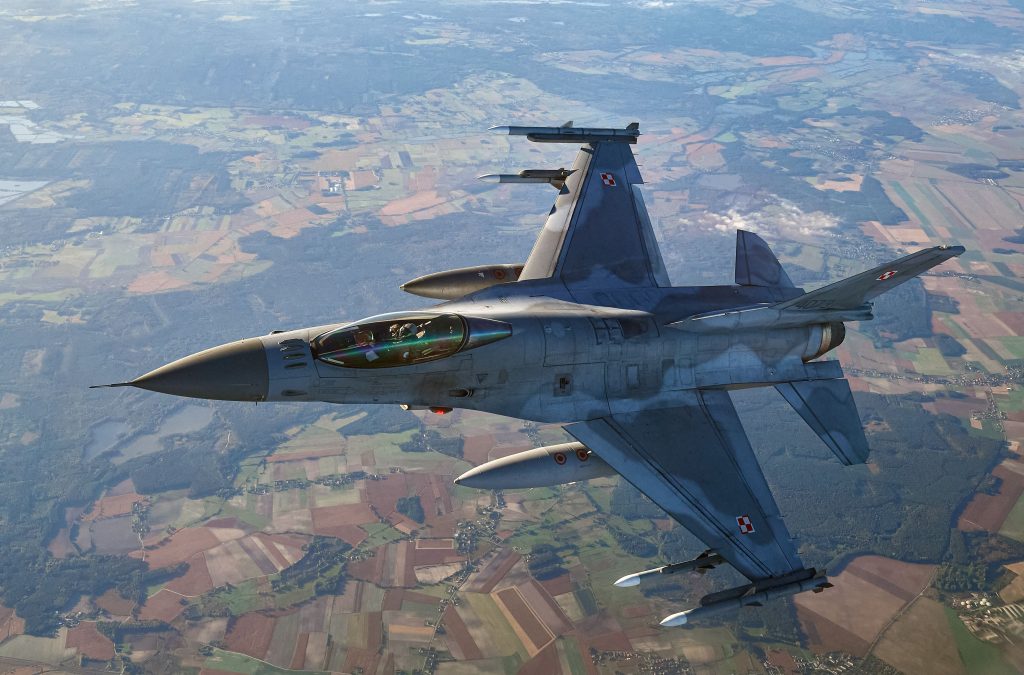Poland scrambled fighter jets to protect its airspace as Ukraine was targeted with a barrage of Russian missiles and drones. The Polish Air Force launched the jets in response to intense long-range aviation activity and missile strikes from Russia on Ukrainian territory. This action came after a Russian cruise missile fired at western Ukraine entered NATO member Poland’s airspace just days earlier. The Polish Air Force activated all necessary procedures to ensure the safety of its airspace, with continuous monitoring by the Operational Command.
In a large-scale missile attack on Ukraine, Russia launched 99 missiles and drones, including various types of aeroballistic and ballistic missiles, guided aircraft missiles, and cruise missiles. Ukraine’s Air Force reported that air-defense systems successfully downed 84 of the 99 launched weapons. The target of the Russian assault was identified as Ukraine’s energy infrastructure facilities, with damage to thermal and hydroelectric power plants in central and western regions. Power outages were reported in specific regions, including Dnipropetrovsk and Kharkiv, causing disruptions to electricity generation facilities.
Following the incursion of a Russian missile into Polish airspace near the border with Ukraine, Poland activated its aviation forces, resulting in increased noise levels, especially in the southeastern part of the country. The Russian assault on Ukraine’s fuel and energy sector aimed to disrupt the country’s critical infrastructure, with attacks on power generation facilities in various regions. Ukraine’s Energy Minister confirmed that drones and missiles targeted electricity generation facilities in Dnipropetrovsk, Poltava, and Cherkasy regions. Despite the attacks, Ukraine’s air-defense systems successfully intercepted a significant number of the launched weapons.
The ongoing conflict between Russia and Ukraine has raised concerns about regional security and the impact on neighboring countries. Poland’s response to protect its airspace highlights the escalating tensions in the region, with increased military activity and missile strikes from Russia on Ukrainian territory. The activation of fighter jets and air-defense systems underscores the need for constant vigilance and readiness to address potential threats to national security. The targeting of Ukraine’s energy infrastructure facilities further exacerbates the humanitarian crisis in the region, with disruptions to vital services and facilities.
As the situation evolves, Poland and other neighboring countries remain on high alert to ensure the safety and security of their airspace and borders. The involvement of NATO member states in monitoring and responding to threats reflects the collective effort to uphold regional stability and deter further aggression. The impact of the Russian missile attacks on Ukraine’s energy infrastructure highlights the strategic importance of safeguarding critical facilities and resources. The ongoing conflict underscores the need for international cooperation and diplomatic action to de-escalate tensions and promote peace in the region. Newsweek will continue to report on developments in the Russia-Ukraine war and provide insights into the evolving situation to foster greater understanding and awareness of the crisis.













